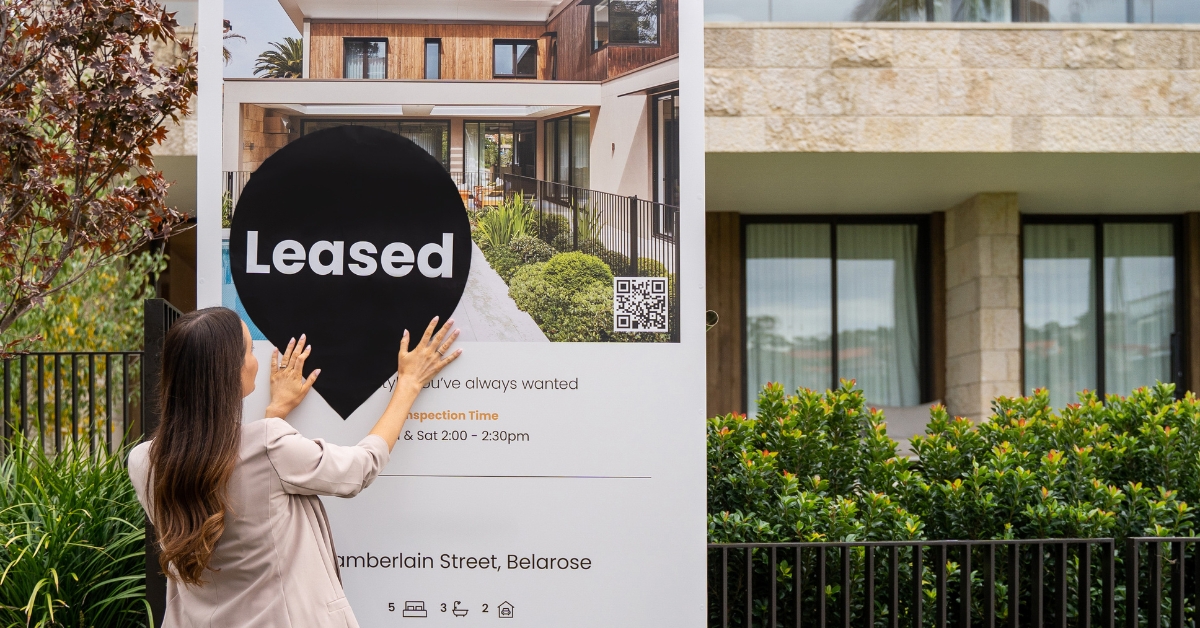How to Know if You Are Ready To Buy Another Investment Property

Investing in property is an exciting venture, and can be a proven way to increase your wealth over time. It’s hardly surprising that many investors aspire to diversify their portfolios by investing in multiple properties.
However, deciding when to buy a second investment property can be tricky, as it depends on many factors including your financial readiness and the current market conditions.
Here's how to know if you're ready to purchase another investment property.
Financial readiness
If you are financially ready to invest then consider taking action. No matter how the markets are doing overall, you can always find areas in cities and regions where there is growth and good returns.
However, if you're unsure about whether to invest in another property, begin by assessing your financial preparedness for property investment. Several key indicators can help gauge your readiness:
- Solid cash flow: Assess whether your current investment properties generate consistent cash flow. Positive cash flow indicates that your properties are profitable and can likely support the purchase of additional assets. Aim for a healthy cash flow that covers mortgage payments, maintenance expenses, and vacancies.
- Healthy emergency find: Building an emergency fund is essential for property investors. Unexpected expenses such as repairs, vacancies, or economic downturns can arise, requiring immediate financial resources. Ensure you have sufficient savings set aside for any unforeseen circumstances.
- Stable portfolio: Evaluate the performance of your existing investment properties and overall portfolio stability. A diversified portfolio spread across different property types and locations can mitigate risk and withstand market fluctuations. If your current properties demonstrate consistent growth and resilience, it may signal readiness to expand your portfolio.
- Talk to your financial advisor: Now that you know your finances, talk to your broker or lender about loans, rates, and pre-approvals. Remember to only borrow what you can manage.
Ideally, aim to have a 10% deposit ready in cash or equity, or both. If you plan to negatively gear your next investment, make sure your income can cover the gap between the rental income and mortgage interest. Also, prepare for potential interest rises to avoid surprises in the future.
Researching the market
In addition to financial readiness, conducting thorough market research and assessing your personal commitment to owning additional property is paramount.
- Understanding market trends: Stay informed of current real estate market trends and forecasts in your target locations. Look at factors such as supply and demand, rental yields, employment rates, and economic indicators. Identifying emerging property hot spots or potential risks can help inform your investment decisions and timing.
- Responsibilities of homeownership: Owning additional investment properties entails additional responsibilities. Consider whether you're prepared to handle extra property management tasks, tenant relations, maintenance issues, and regulatory compliance.
- Alignment with financial goals: Evaluate how acquiring another investment property aligns with your long-term financial objectives. Clarify your investment strategy, risk tolerance, and desired outcomes. Determine whether the potential benefits of expansion – such as increased cash flow, equity growth, or portfolio diversification – align with your financial goals and timeline.
- Speak with a property professional: Engage with a trusted real estate agent or property advisor who has expertise in your target market. A knowledgeable real estate agent can provide valuable insights into local market trends, property values, and investment opportunities.
Signs you’re ready to buy another property
It’s often advised that the optimal time to purchase your next property is whenever you feel ready to. Since each property investor progresses at their own rhythm, there isn't a universally defined schedule for expanding a portfolio. Nonetheless, there are some tell-tale signs you might be ready to buy your next property:
- You have a good amount of equity: Increased property value boosts your equity, making it easier to secure finance for your next purchase.
- You have more income: A raise or improved returns from your first investment can strengthen your ability to buy another property.
- Your first property is performing: If your initial investment property is providing steady income and you feel comfortable with the idea of expanding your portfolio, this is a good indicator that you’re ready to buy.
- Favourable market conditions: Look for areas with low vacancy rates, strong rental yields, and positive growth forecasts, supported by affordable interest rates and government schemes (e.g. grants for new builds, etc.).
If any or all of these signs are evident in your situation, it might be the perfect opportunity to purchase your next investment property. Be sure to evaluate your financial readiness which will give you the confidence to grow your portfolio. By investing wisely and seeking expert guidance, you have the potential to significantly enhance your financial future.
Whether you're starting out or seeking advice on expanding your portfolio, LJ Hooker is here to support you. Check out our Investing Resources or contact an experienced real estate agent in your area for tailored guidance on your investment property readiness.
Thinking of expanding your investment horizon?
DISCLAIMER - The information provided is for guidance and informational purposes only and does not replace independent business, legal and financial advice which we strongly recommend. Whilst the information is considered true and correct at the date of publication, changes in circumstances after the time of publication may impact the accuracy of the information provided. LJ Hooker will not accept responsibility or liability for any reliance on the blog information, including but not limited to, the accuracy, currency or completeness of any information or links.
Share


